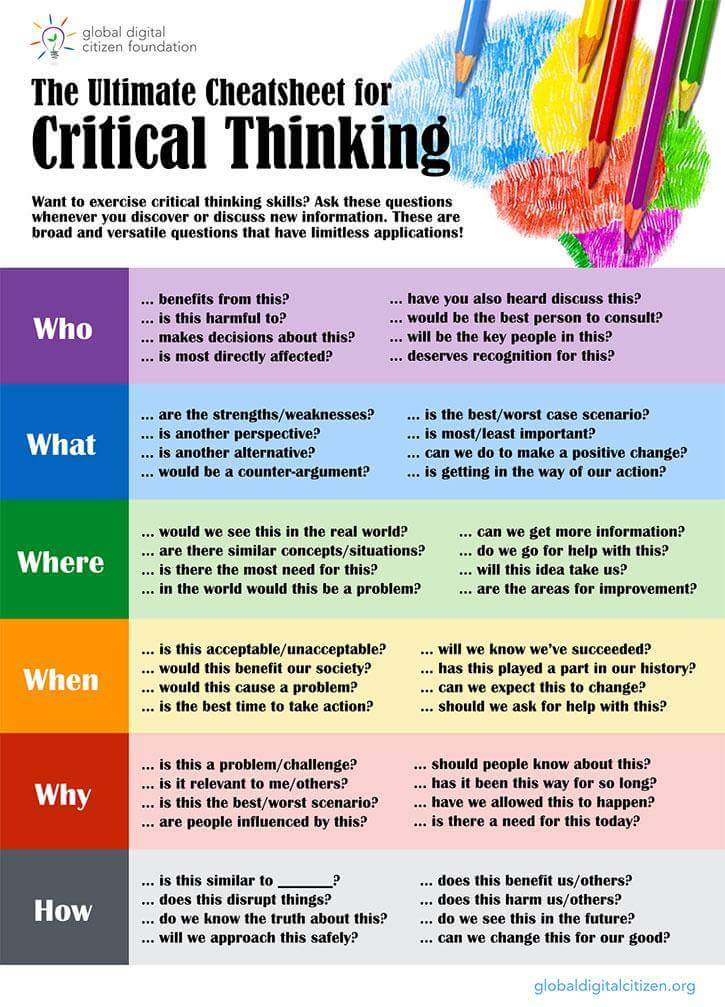
Ethical conundrums. No fun if you’re a scientist, but just what you want if you’re writing stories.
Originally shared by Singularity Hub
The Ethics of Organoids: Scientists Weigh in on New Mini-Organs http://suhub.co/2kbSQuq

Ethical conundrums. No fun if you’re a scientist, but just what you want if you’re writing stories.
Originally shared by Singularity Hub
The Ethics of Organoids: Scientists Weigh in on New Mini-Organs http://suhub.co/2kbSQuq
This is of great interest to me, since similar innovations are in the wind in my most recent Gryphon Clerks story.
Originally shared by Singularity Hub
“India may have leapfrogged the US technology industry with simple and practical innovations.”

Originally shared by Singularity Hub
6 Tools Entrepreneurs Must Master to Succeed in an Accelerating World http://suhub.co/2k0rIyd

Also good questions to ask about ideas you come up with for your stories.
Originally shared by Ilyanna
So versatile!
So much SF is becoming real.
Originally shared by HACKADAY
If we believe science fiction — from Minority Report to Iron Man, to TekWar — the future of computer interfaces belongs to gestures. There are many ways to read gestures, although often they require some sort of glove or IR emitter, which makes them less…
http://hackaday.com/2017/01/24/millimeter-wave-radar-tracks-gestures
What do our imaginary societies have that they don’t “need”?
Originally shared by Stewart Brand
My summary of Steven Johnson’s Long Not talk…
HUMANITY HAS BEEN INVENTING TOWARD DELIGHT for a long time. Johnson began with a slide of shell beads found in Morocco that indicate human interest in personal adornment going back 80,000 years. He showed 50,000-year-old bone flutes found in modern Slovenia that were tuned to musical intervals we would still recognize. Beads and flutes had nothing to do with survival. They were art, conforming to Brian Eno’s definition: “Art is everything you don’t have to do.” It looks frivolous, but Johnson proposed that the pursuit of delight is one of the prime movers of history — of globalization, innovation, and democratization.
Consider spices, a seemingly trivial ornament to food. In the Babylon of 1700 BCE — 3,700 years ago — there were cloves that came all the way from Indonesia, 5,000 miles away. Importing eastern spices become so essential that eventually the trade routes defined the map of Islam. Another story from Islamic history: when Baghdad was at its height as one of the world’s most cultured cities around 800 CE, its “House of Wisdom” produced a remarkable text titled “The Book of Ingenious Devices.” In it were beautiful schematic drawings of machines years ahead of anything in Europe — clocks, hydraulic instruments, even a water-powered organ with swappable pin-cylinders that was effectively programmable. Everything in the book was neither tool nor weapon: they were all toys.
Consider what happened when cotton arrived in London from India in the late 1600s. Besides being more comfortable than itchy British wool, cotton fabric (called calico) could easily be dyed and patterned, and the democratization of fashion took off, along with a massive global trade in cotton and cotton goods. Soon there was an annual new look to keep up with. And steam-powered looms drove the Industrial Revolution, including the original invention of programmable machinery for Jacquard looms.
Consider the role of public spaces designed for leisure — taverns, coffee shops, parks. Political movements from the American Revolution (Boston’s Green Dragon Tavern) to Gay Rights (Black Cat Tavern in Los Angeles) were fomented in bars. Whole genres of business and finance came out of the coffee shops of London. And once “Nature” was invented by Romantics in the late 1800s, nature-like parks in cities brought delight to urban life, and wilderness became something to protect.
Play invites us to invent freely.
http://longnow.org/seminars/02017/jan/04/wonderland-how-play-made-modern-world/

Originally shared by Singularity Hub
Big Data Is Helping Us See Environmental Problems in a Whole New Light http://suhub.co/2jj5w1F
This is so ridiculously cool that it has to be exaggerated. Mind-controlled drones providing augmented-reality views to the pilot – and then you scroll down, and they have swarm drones that form what amount to protective force fields?
Doesn’t mean you can’t use these probably fictional drones in your fiction, though.
Turns out that if you consider tasks, not jobs, the picture is rather different.
Originally shared by Singularity Hub
Robots May Steal Our Jobs, but Not as Quickly as We Thought
Originally shared by Singularity Hub
How does stem cell therapy actually work? Peter Diamandis explains, based on his own experience.